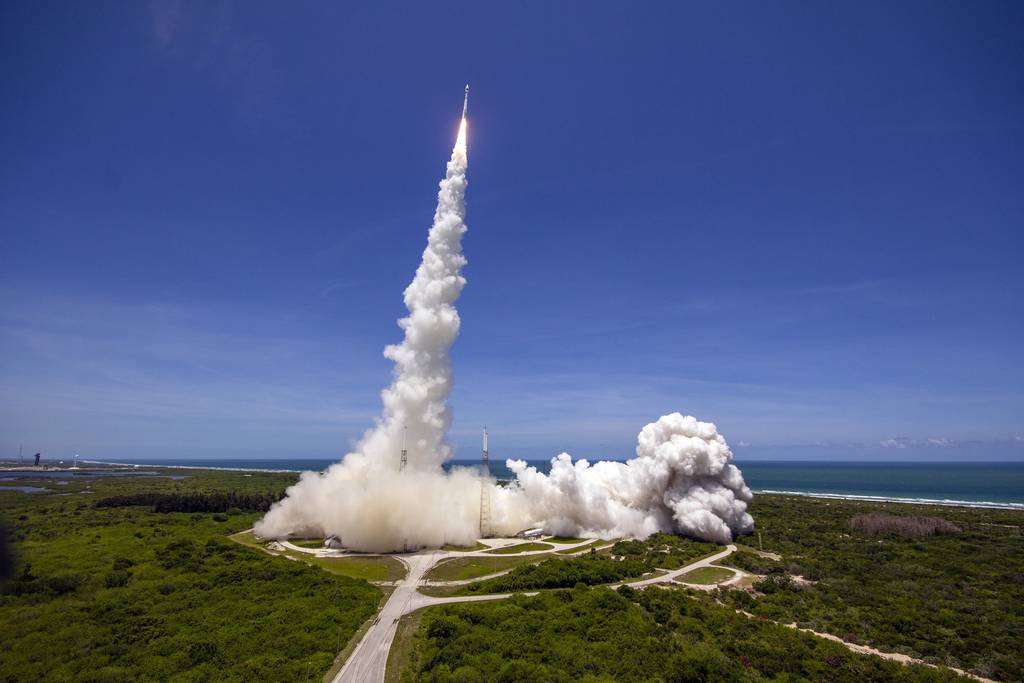
Being a hardcore humanities nerd (or geek as I would like to say), I’ve always been explicitly intrigued by the political and historical events that altered our social and economic scenario. If my memory serves me right, the world tension in the mid-20th century was arguably epic yet petrifying. Why wouldn’t it be? Ranging from the eventful World War II to the nerve-racking Cold War Era, our international state of affairs envisioned a ton of exceptional cases that led to significant change.
Looking at the political science textbook resting on the corner of the table, the first thing that hits my mind is the modern era of politics. Specifically, the period after 1991. Why 1991, you may ask. I’ll leave it for you to decipher after we take a deep dive into the 20th century or the Era of the Book.
To give a backdrop, the conventional Second World War stretched from a period of five to six years i.e. 1939-1945. The combat between the Allied Forces (US, Soviet Union, Britain and France) and the Axis Forces (Germany, Italy and Japan) was triumphed over by the former powers. But how did the Allied Forces succeed against Adolf Hitler and his league? Answer: The nuclear bombing of Little Boy and Fat Man by the United States on the Japanese states – Hiroshima and Nagasaki. Once the US proved its power and capability to end a large scale war, the world was sent into a cold sweat. Nobody was dauntless enough to fight the hype the US got. Except for the USSR (also known as the Soviet Union). USSR laid hold of the Space Race to demonstrate its competence by landing the world’s first artificial satellite (Sputnik) in space. Nonetheless, the US technically won by landing Neil Armstrong on the Moon.
In case you’re wondering why this contest was centred solely between the US and the USSR even though Britain and France took the crown too, then let me enlighten you. Kudos to WWII, Britain and France faced a consequential loss of manpower and economy which ultimately, cut both ways by making them lose a chance at being one of the biggest world powers. Going back to the story, there cannot be two superpowers in one world, right? Someone had to dominate. The palpable daze of “who would be the next Superpower” was followed by the well-known and unforgettable Cold War.
Ladies, gentlemen and everyone in between, kindly welcome the following understanding of the Cuban Missile Crisis: The Climax of the Cold War. Fast-forwarding to April of 1961 when the USA was rumoured to seize control of Communist ally- Cuba; Nikita Khruschev (Former Premier of Soviet Union) took the sagacious route and placed nuclear arsenals in Cuba, thus making the latter its military base. Khruschev figured how detrimental it would be to place massively destructive missiles in Cuba as it was geographically adjacent to the US, hence magnifying its terror. Once the Americans came to terms with what the Soviet Union had effectuated, John Fitzgerald Kennedy (Former President of the US) instructed his warships to impede any or all Soviet vessels making way to Cuba. When push came to shove, could the world risk yet another full-scale war after the world went into shambles due to WWII? In hindsight, any logical person would agree with the fact that another world war couldn’t be sustained even if impending clashes happen to occur. Theoretically, this logic of deterrence came to be known as the Balance of Power. Sure both sides were capable of engaging in a nuclear crusade, but it would not have been worth the extensive wreck it would cause to the entire globe. Cudgel your brain as to why it was called the “Cold” war. A major reason is that it was more of a passive war and not a full-blown shooting war.
Differences are bound to occur between different states of the world, be it a case of military contention or a matter of power feud. But there was an additional catch to the disagreements between these superpowers in the Bipolar World. It was the tussle of ideologies. The US defended capitalism clubbed with liberal democracy whereas the USSR favoured communism topped with socialism. Gradually, states who believed in either of the ideologies allied with their preferred superpower and the world got demarcated into the Western Alliance, led by the US and the Eastern Alliance, headed by the mighty USSR. What’s more, is that these alliances got a label for their military blocks. The North Atlantic Treaty Organisation (NATO) was organised by America in 1949 while the Warsaw Pact was formulated by the Soviet Union in 1955.
Defying the ideas of bipolarity and siding with a block, a group of like-minded leaders yearned to land on a mid-way path. India, Yugoslavia and Egypt united with Ghana and Indonesia in 1956 to cultivate and foster the Non-Aligned Movement (NAM) of 1961. It was a stratagem for countries to cognize the antagonism between the US and USSR, thereby allowing several Least Developed Countries (LDCs) and the freshly liberated African countries to gain a common stand of peace and stability.
The world scenario was undoubtedly in a delicate setup but the lessons it imprinted behind are unmatched. The world encountering contentions and skirmishes back to back on a global level could only be best dealt with with a practical approach of not indulging in an insufferable atomic warfare. Had the superpowers not embodied their distinct beliefs and convictions, the Cold War would have ceased to exist to a certain extent. Had the US and USSR not conformed to a no-war strategy, there are high chances that states that emerged after the 1950s would be non-existent. Had the NAM not challenged the persistent bipolarism, the disintegration of the USSR in 1991 and dominion by the US would have been a different story of bloodshed and catastrophe. This actively encapsulates the impression that contemporary world politics is a result of prolonged episodes of history which cannot be changed unless a time machine truly exists.
By ANJALI BATRA
Write and Win: Participate in Creative writing Contest & International Essay Contest and win fabulous prizes.


